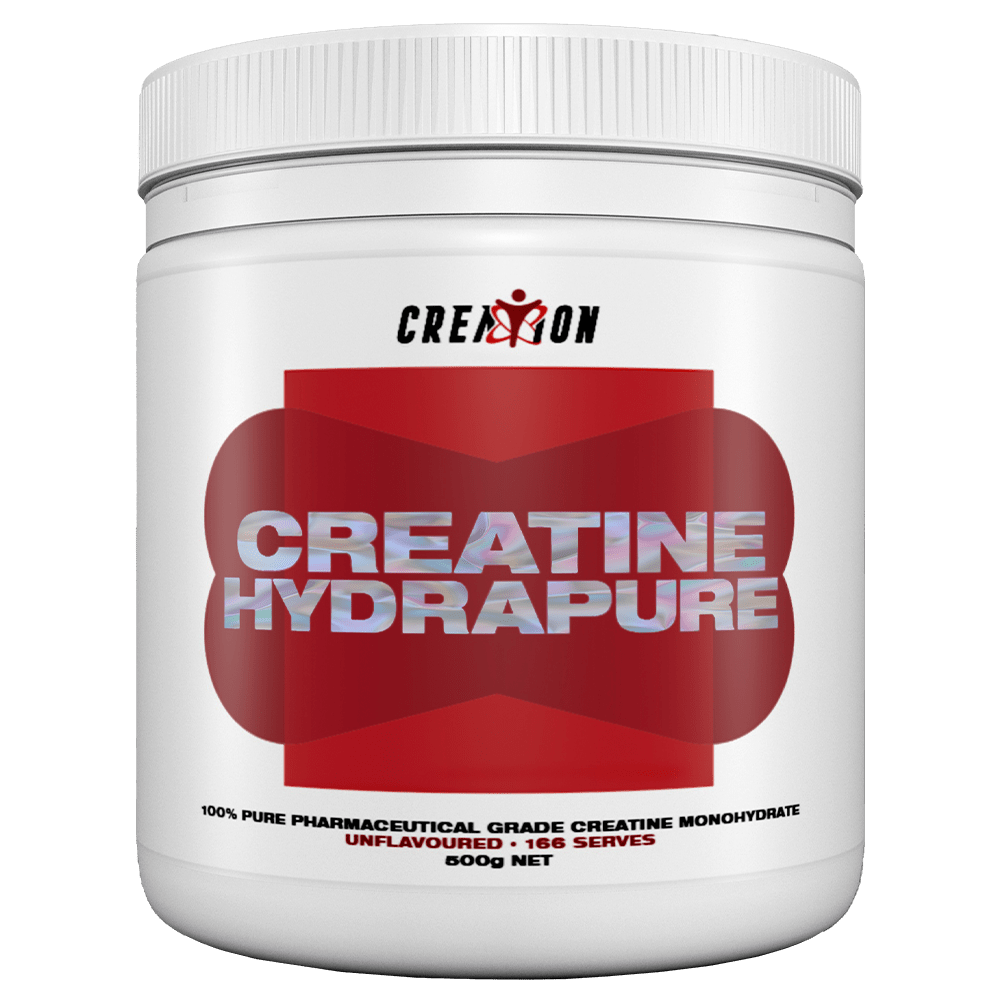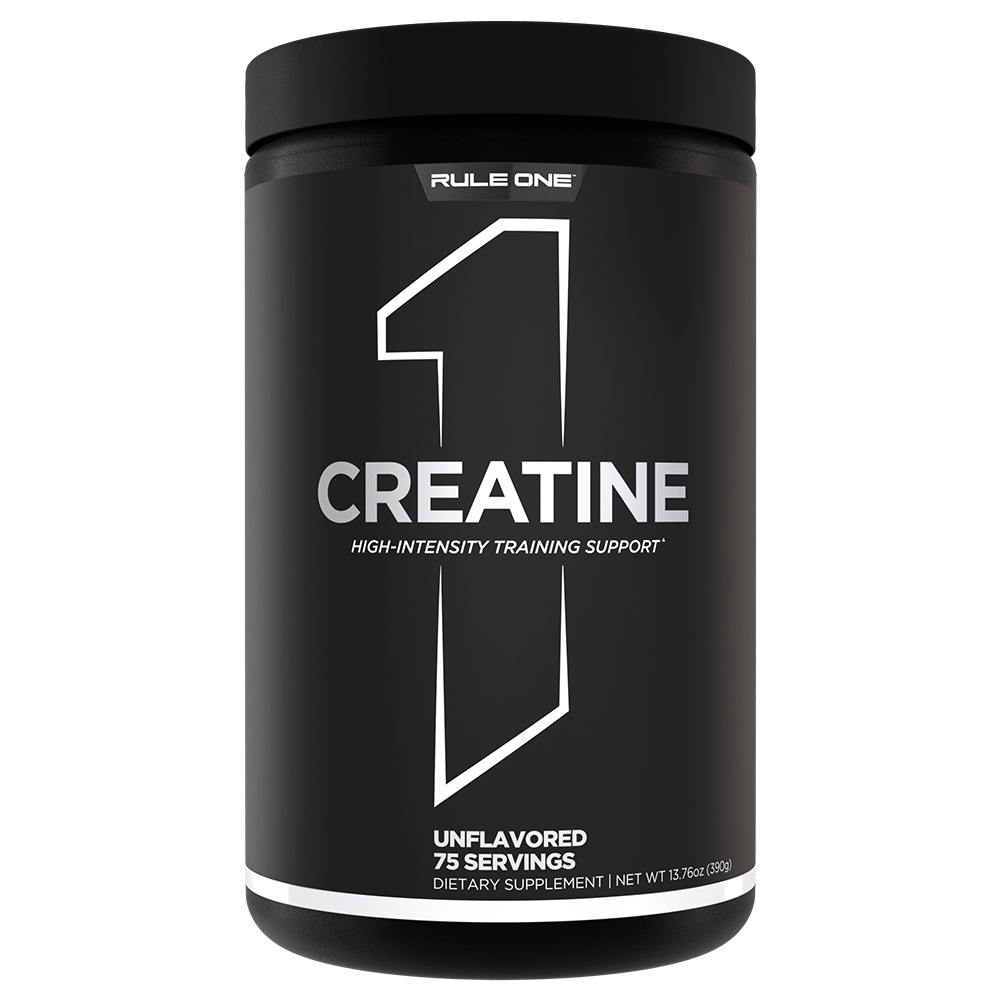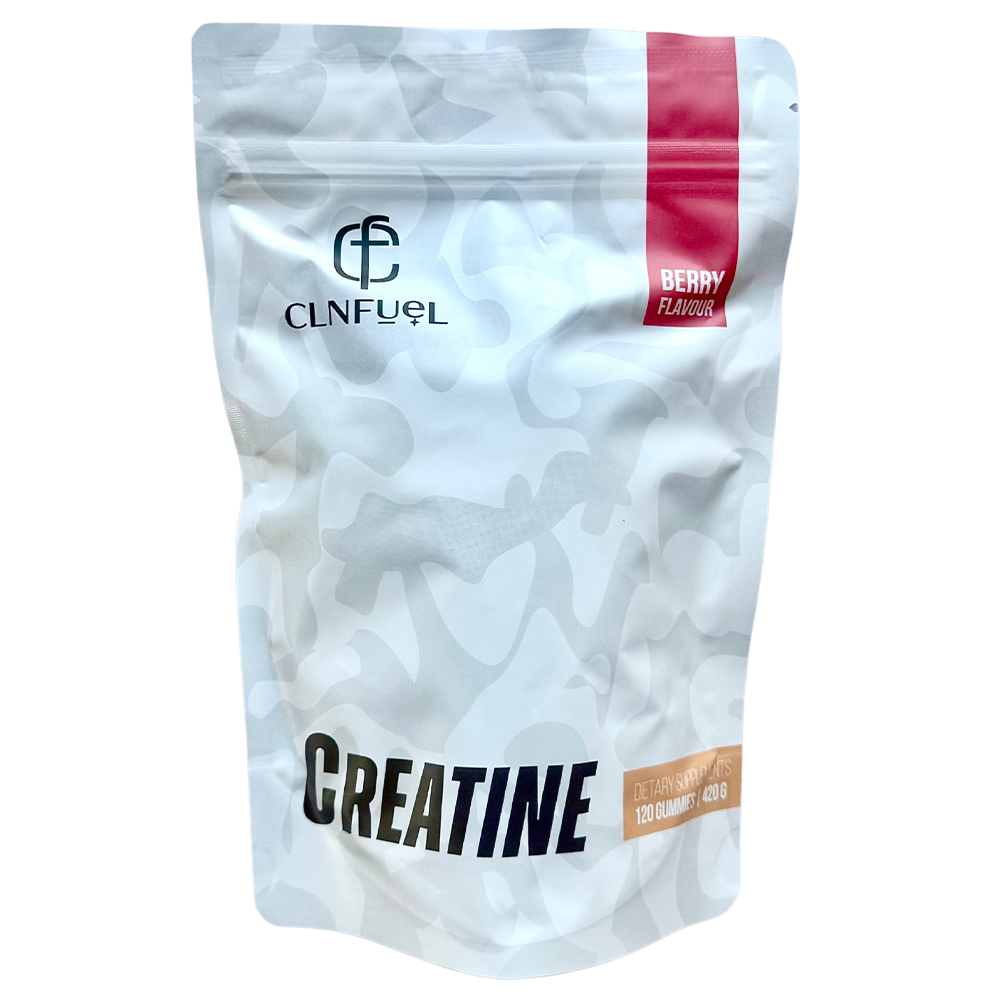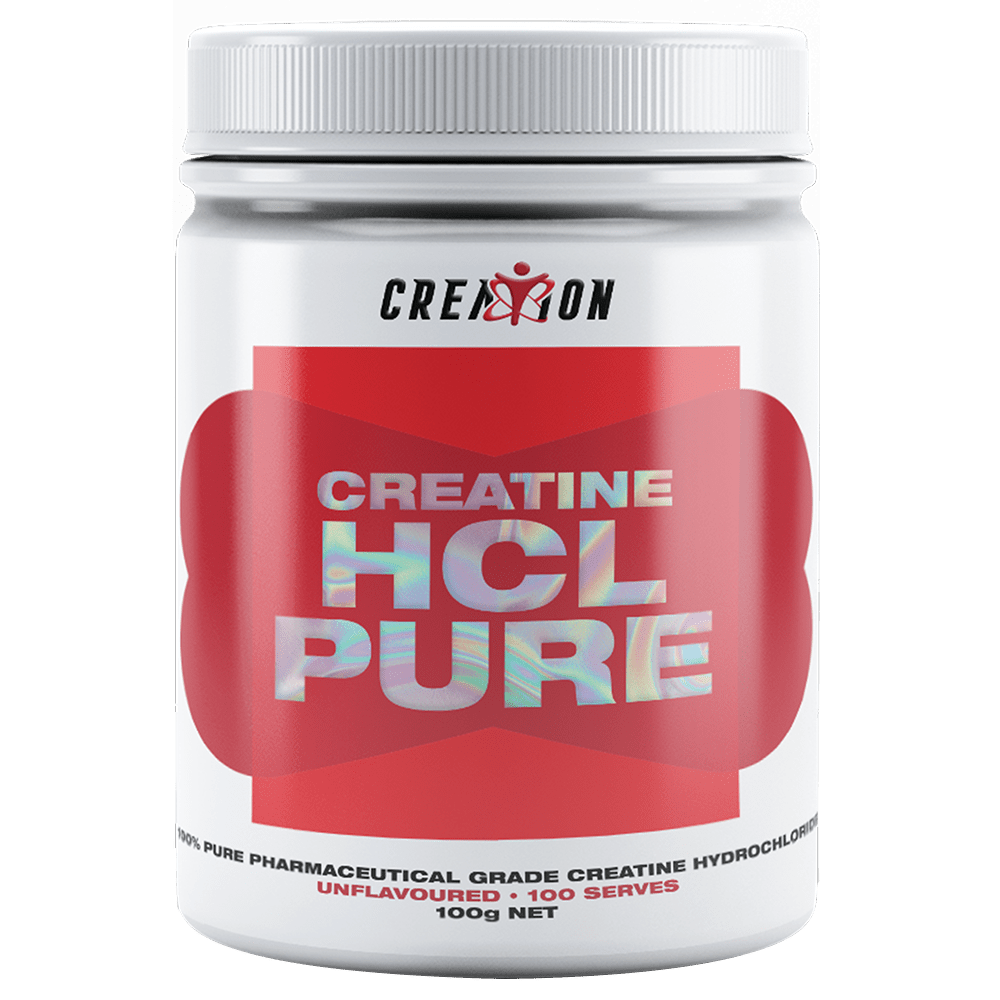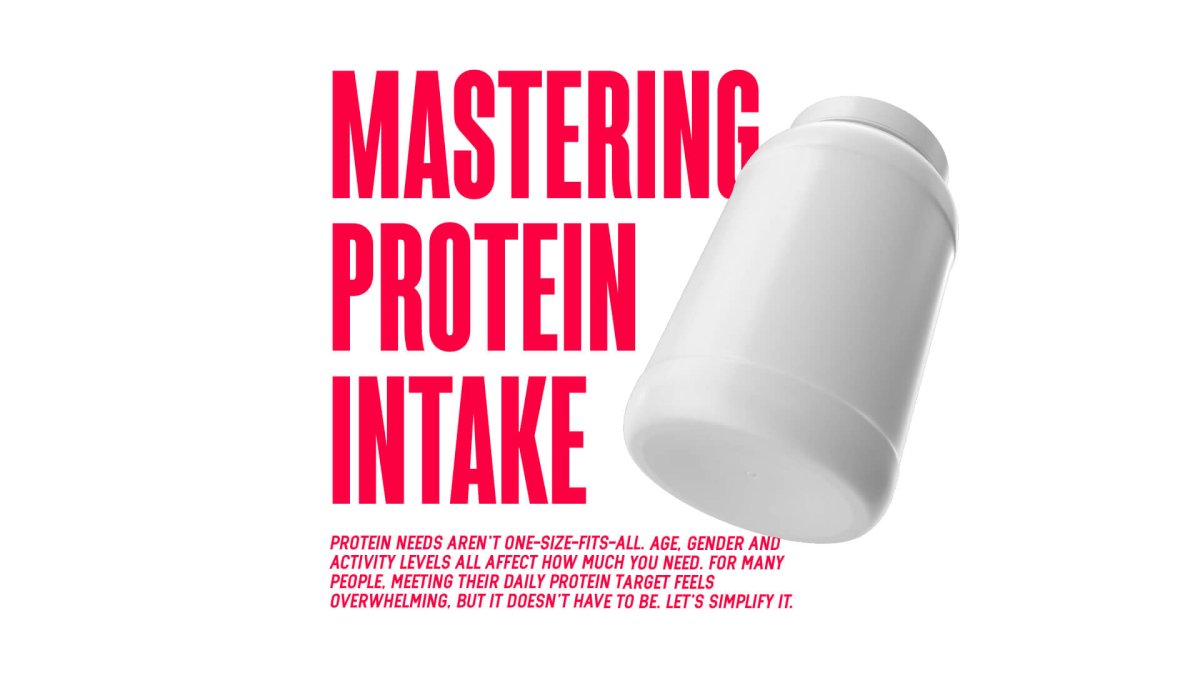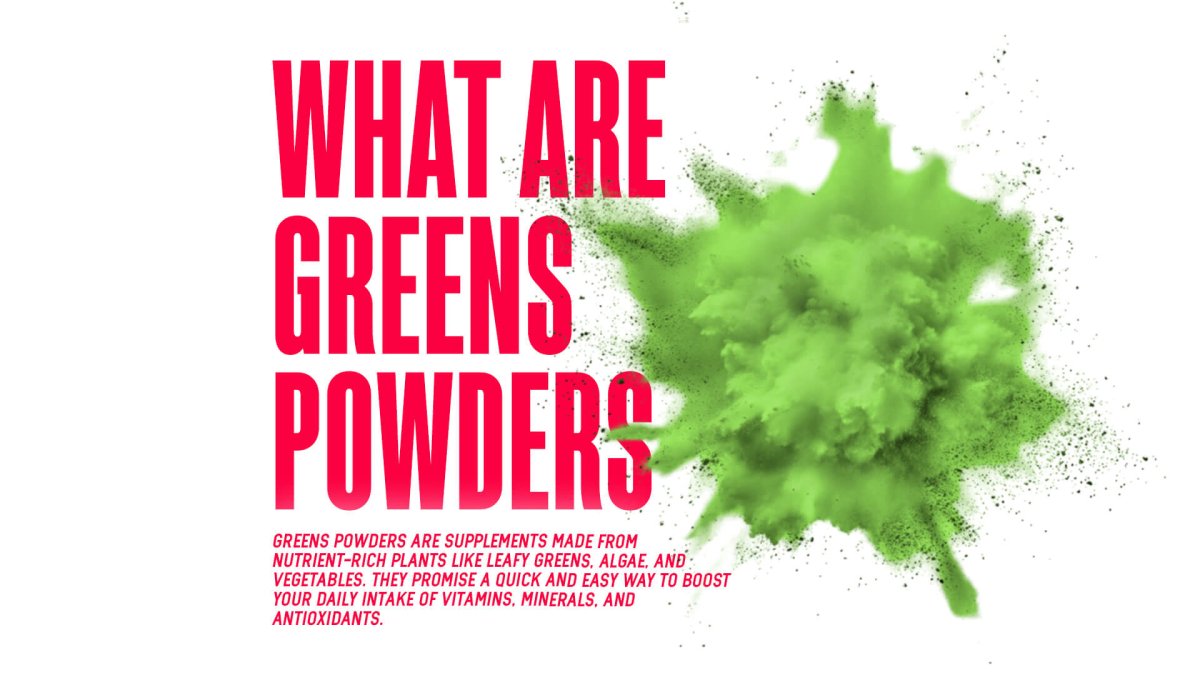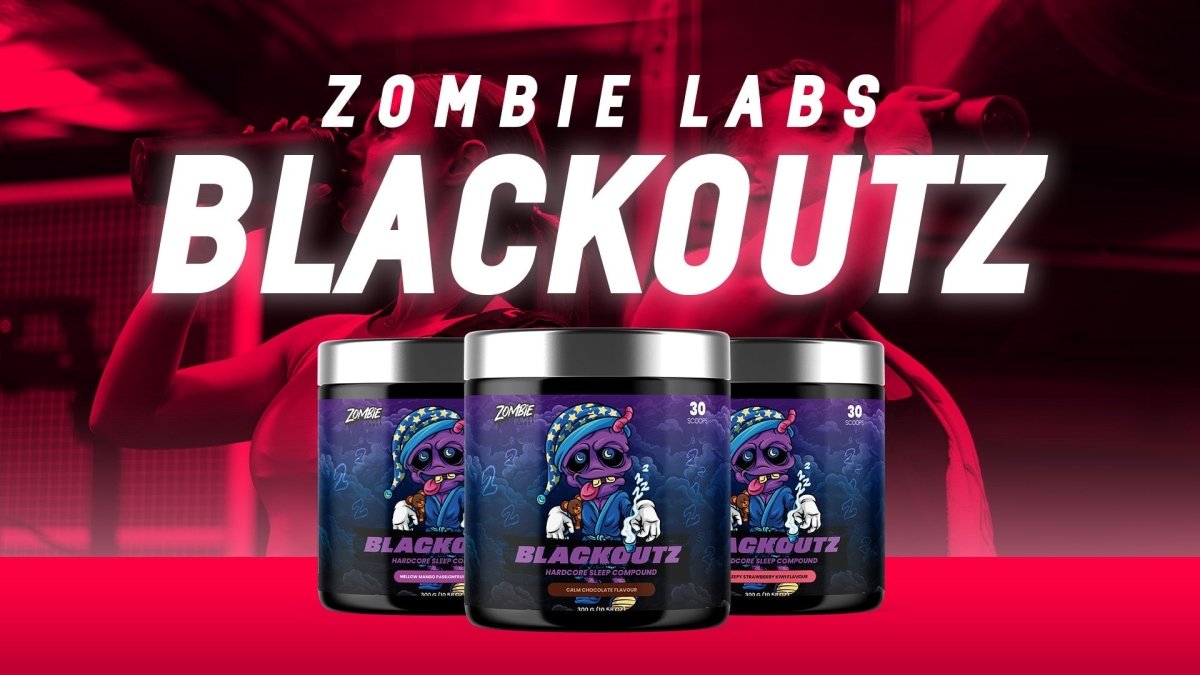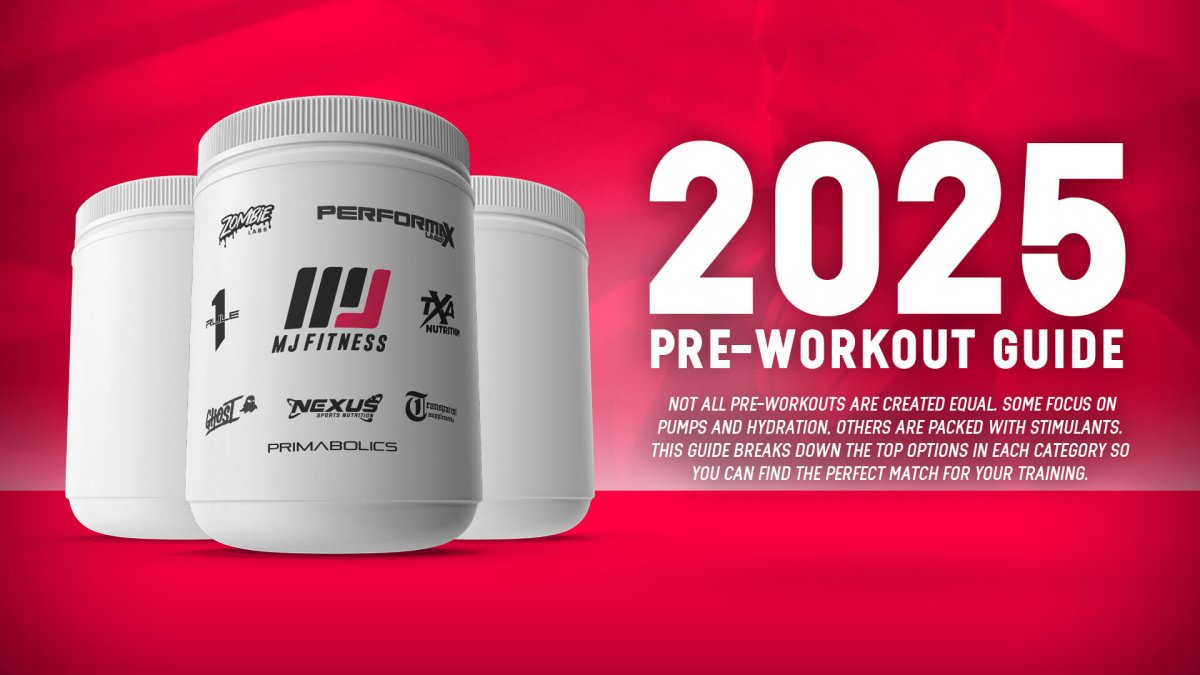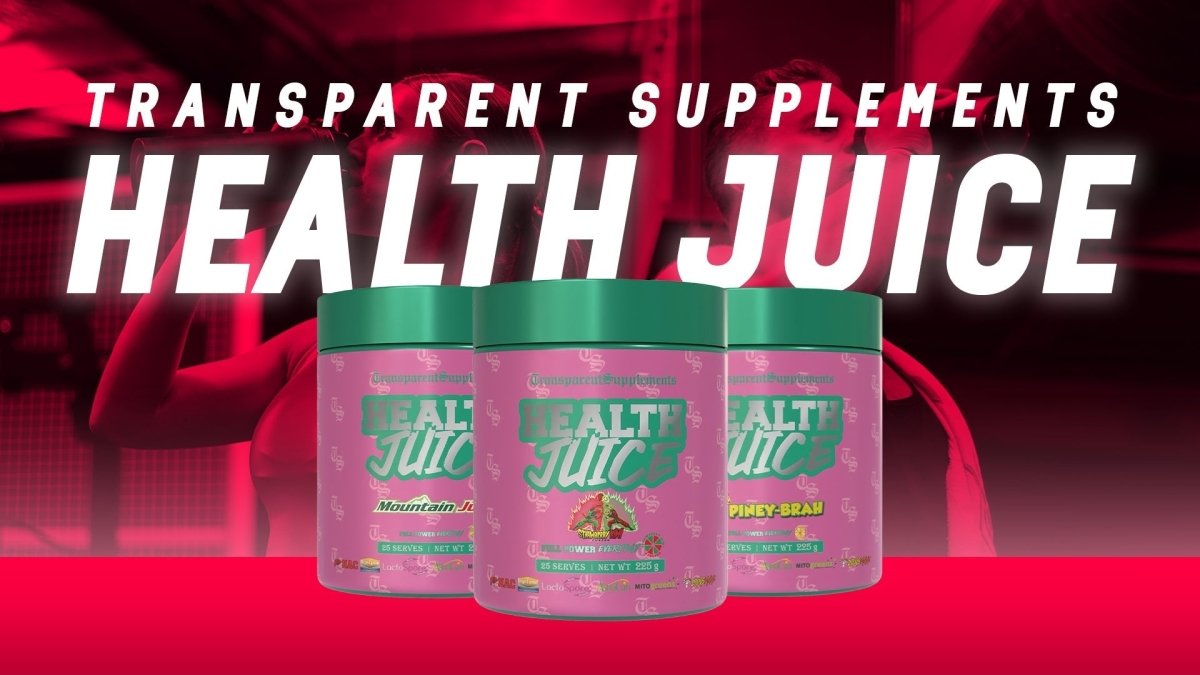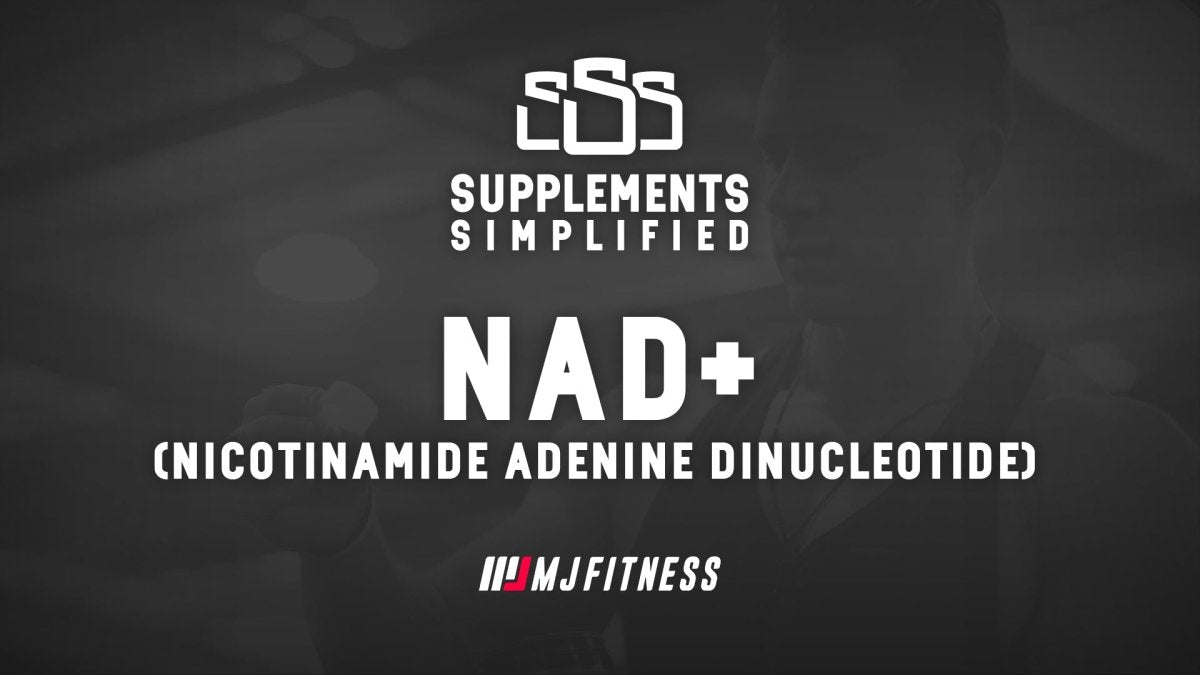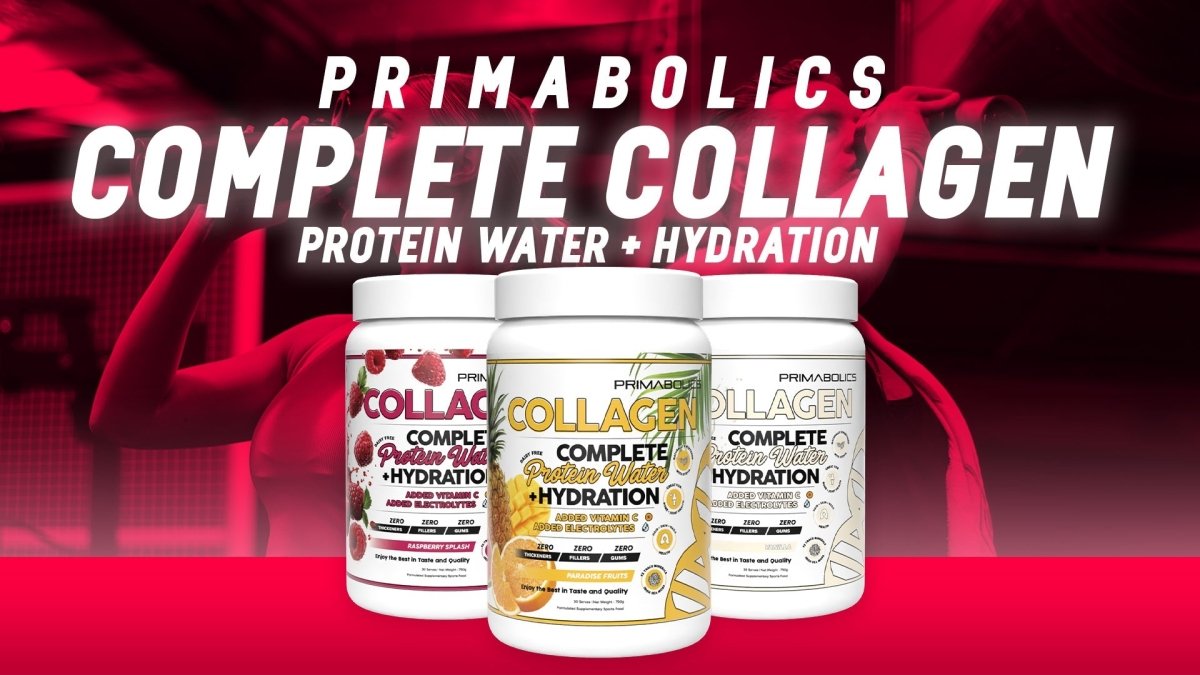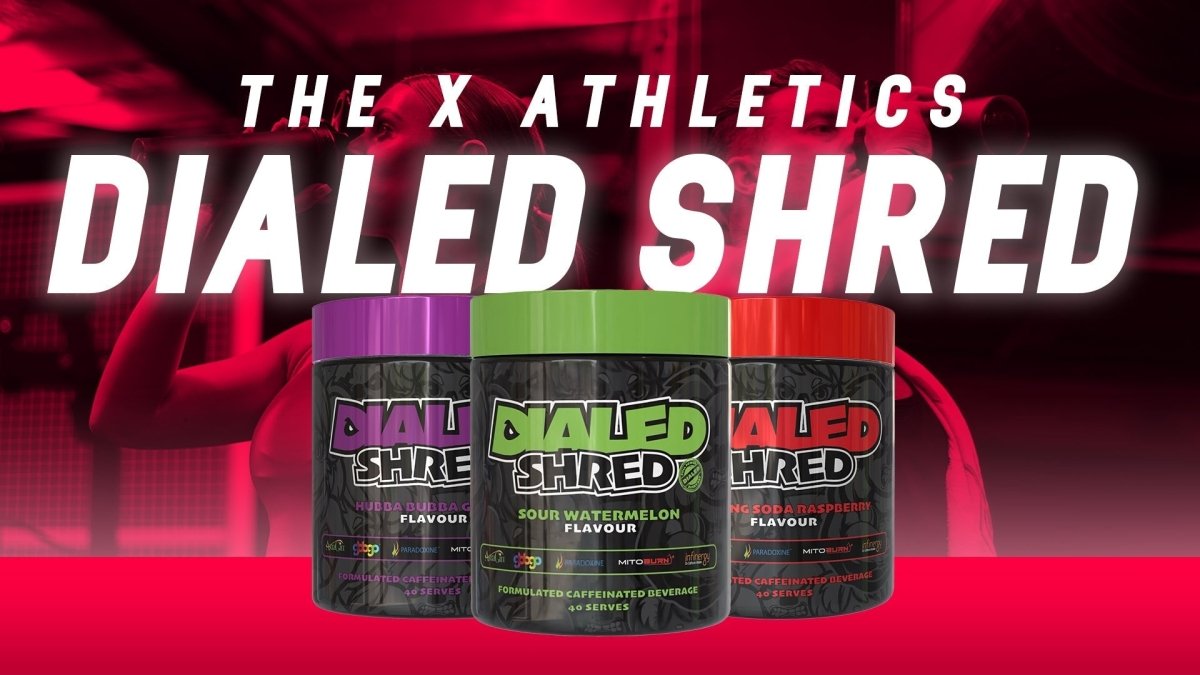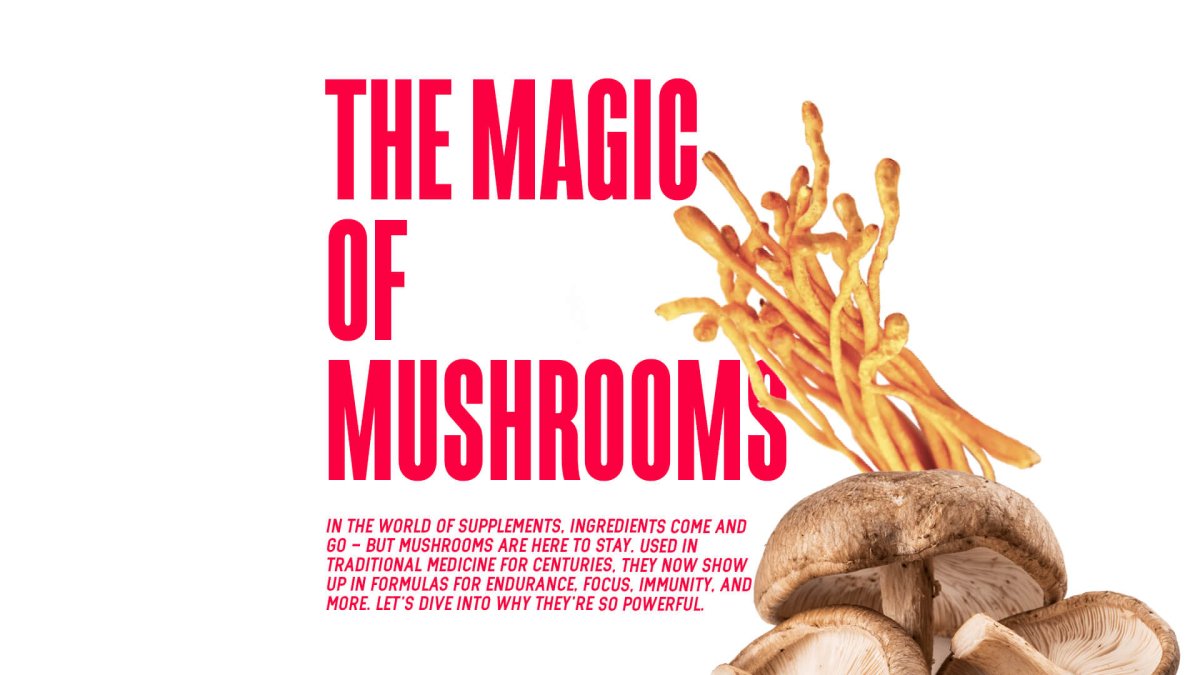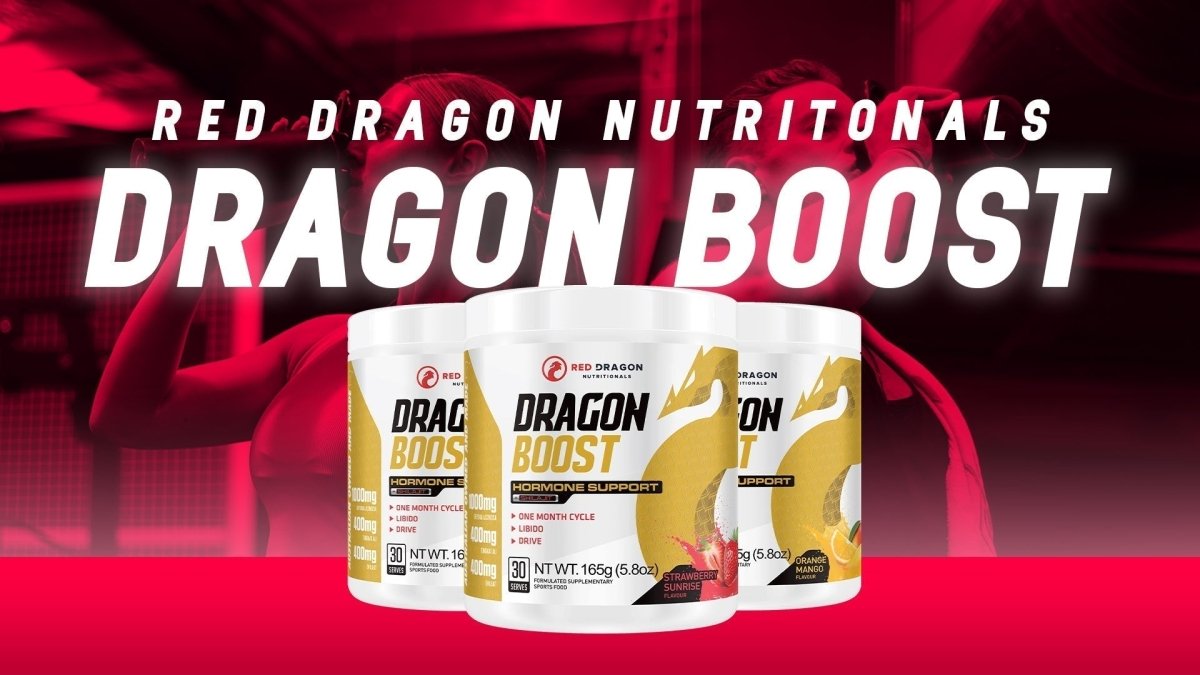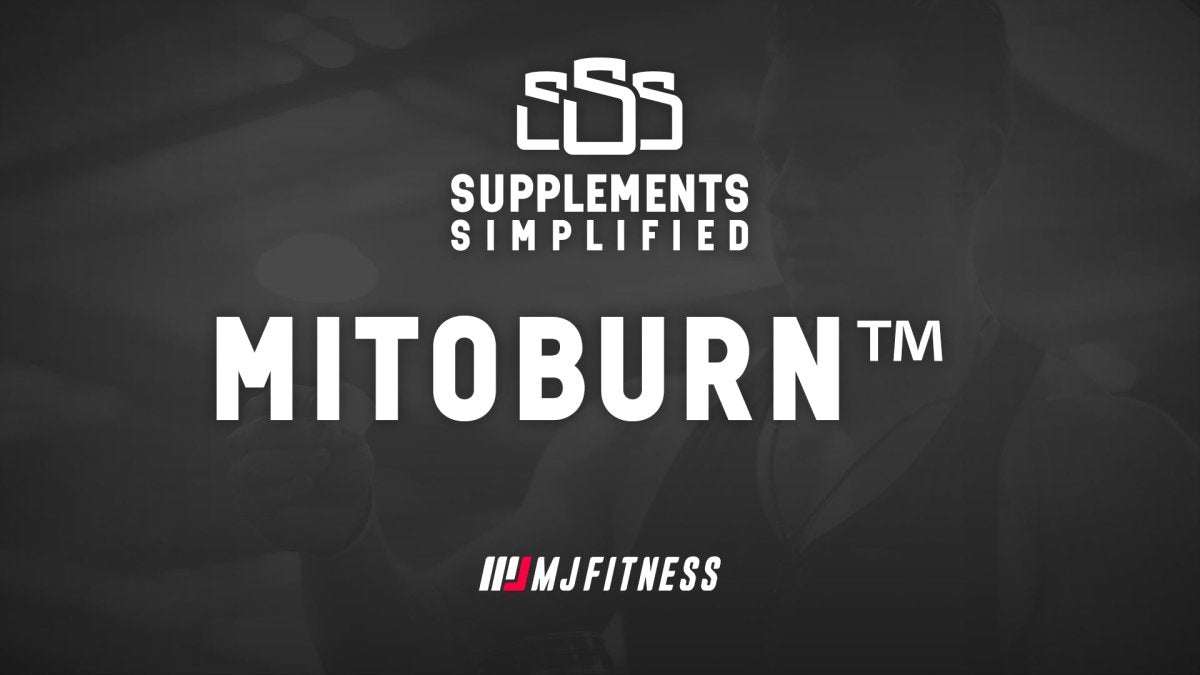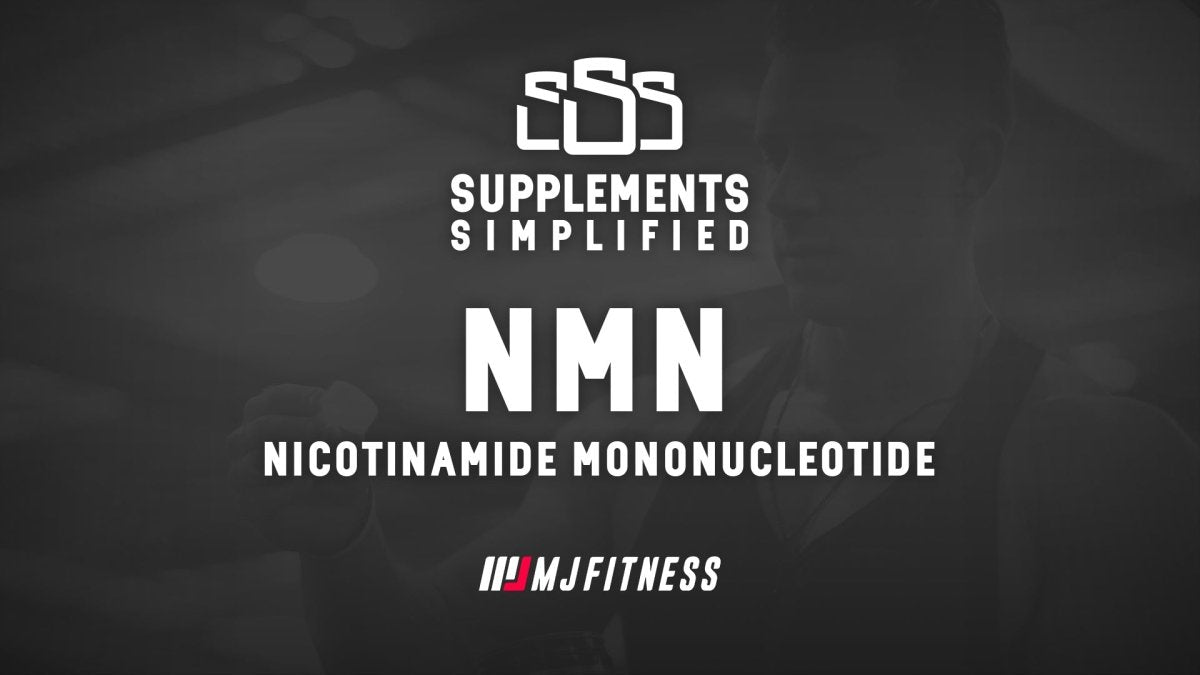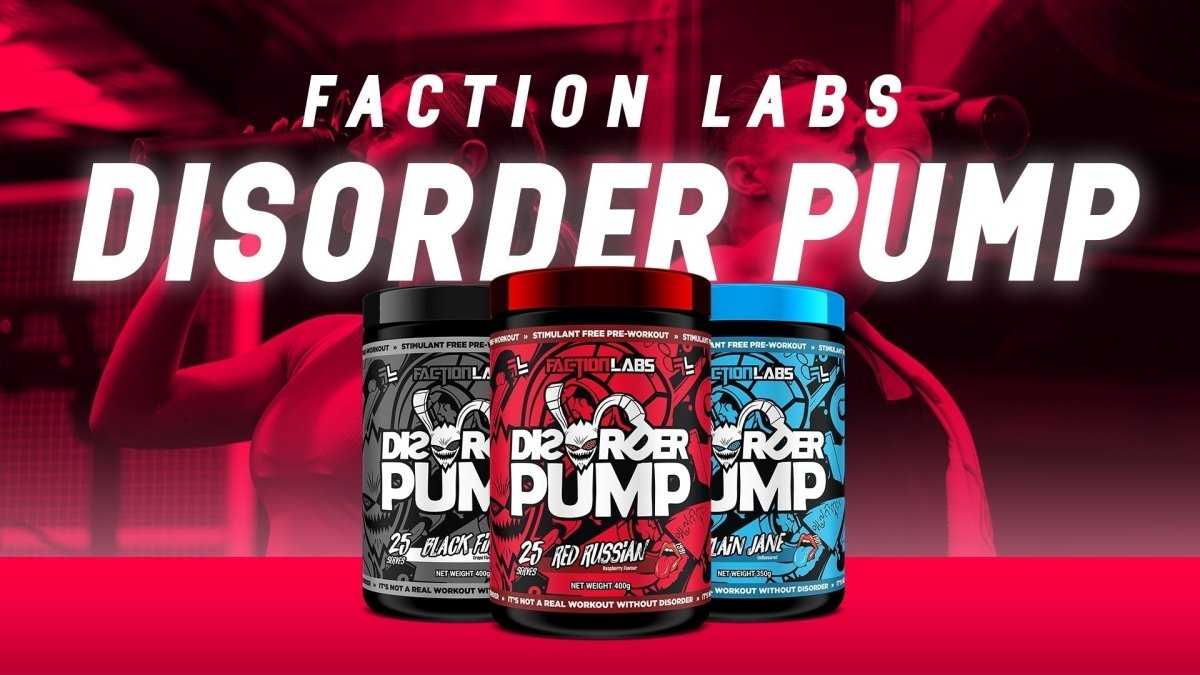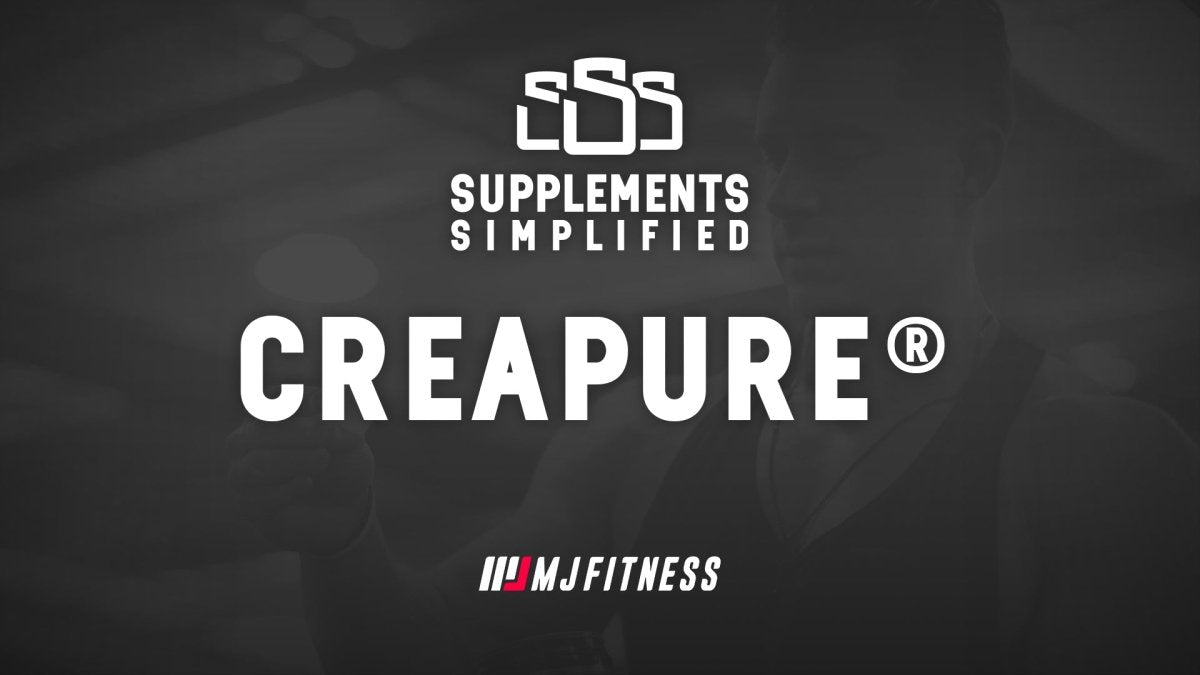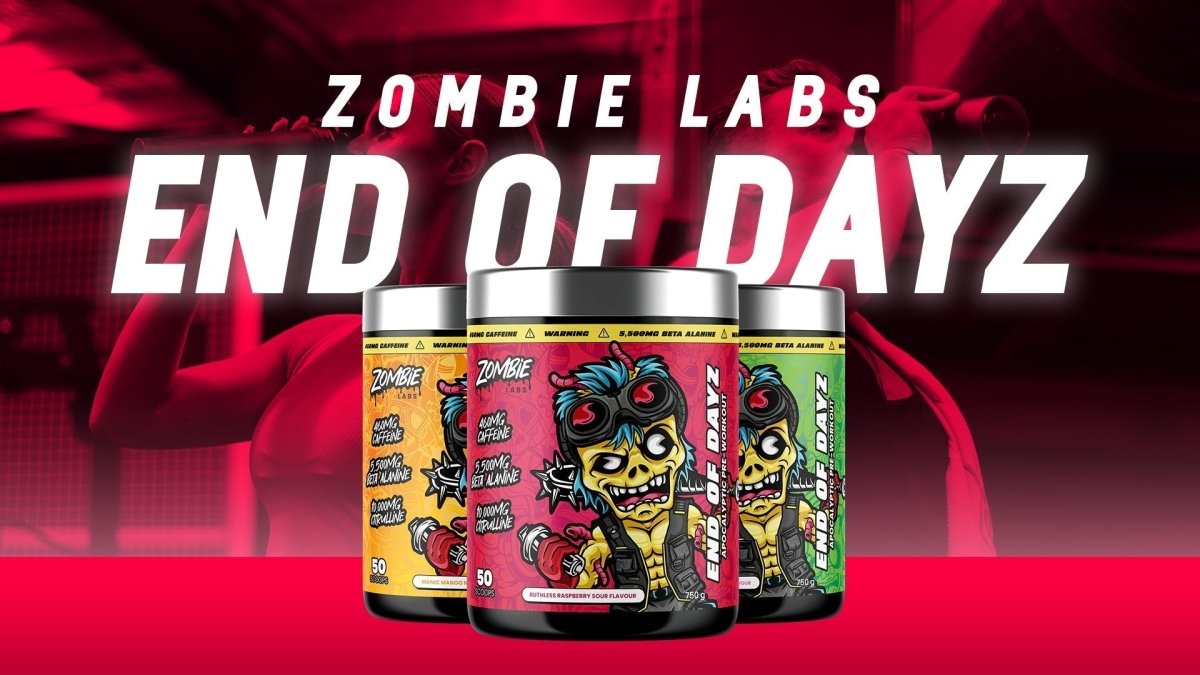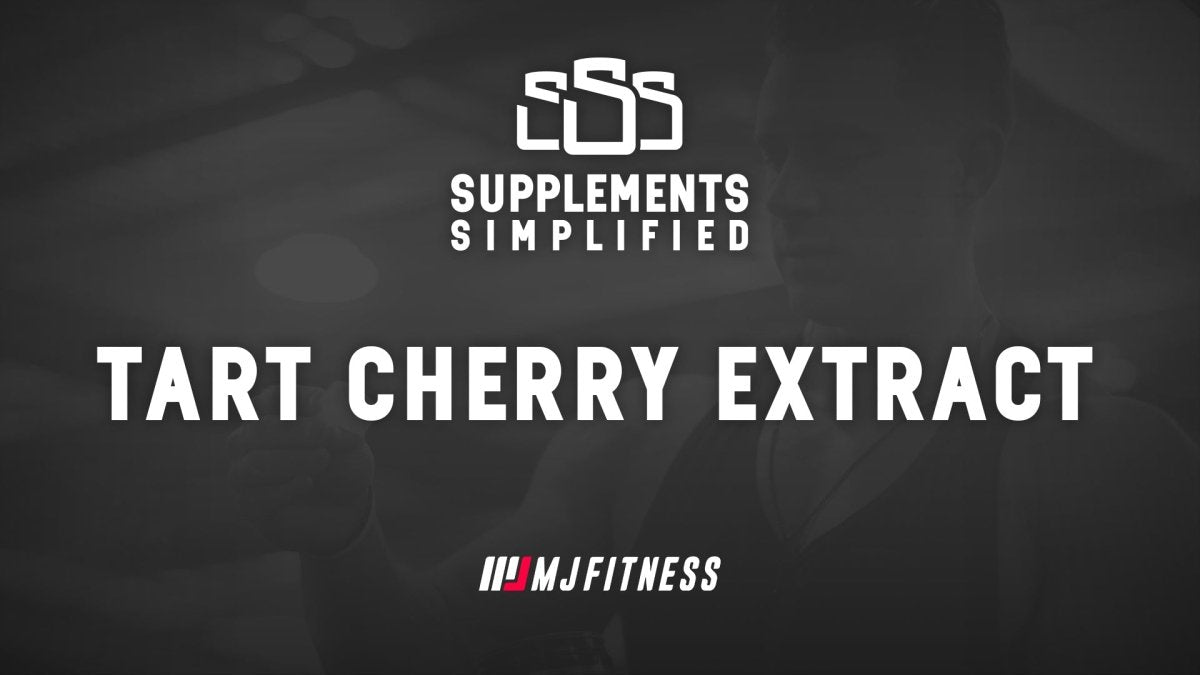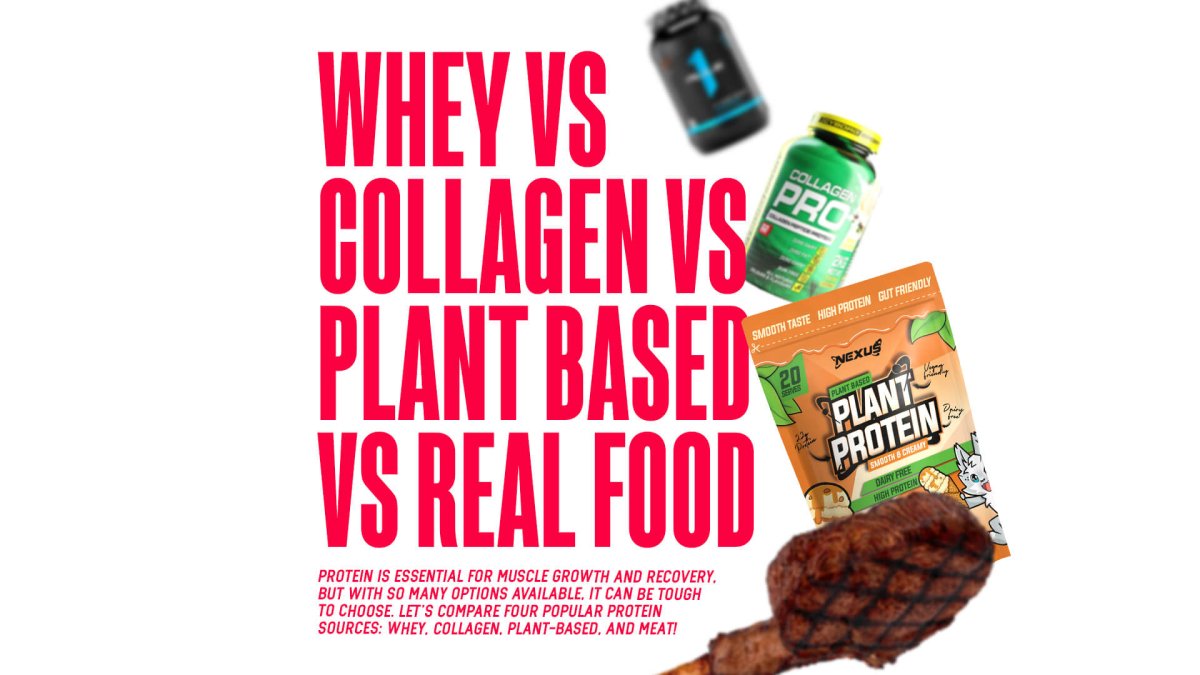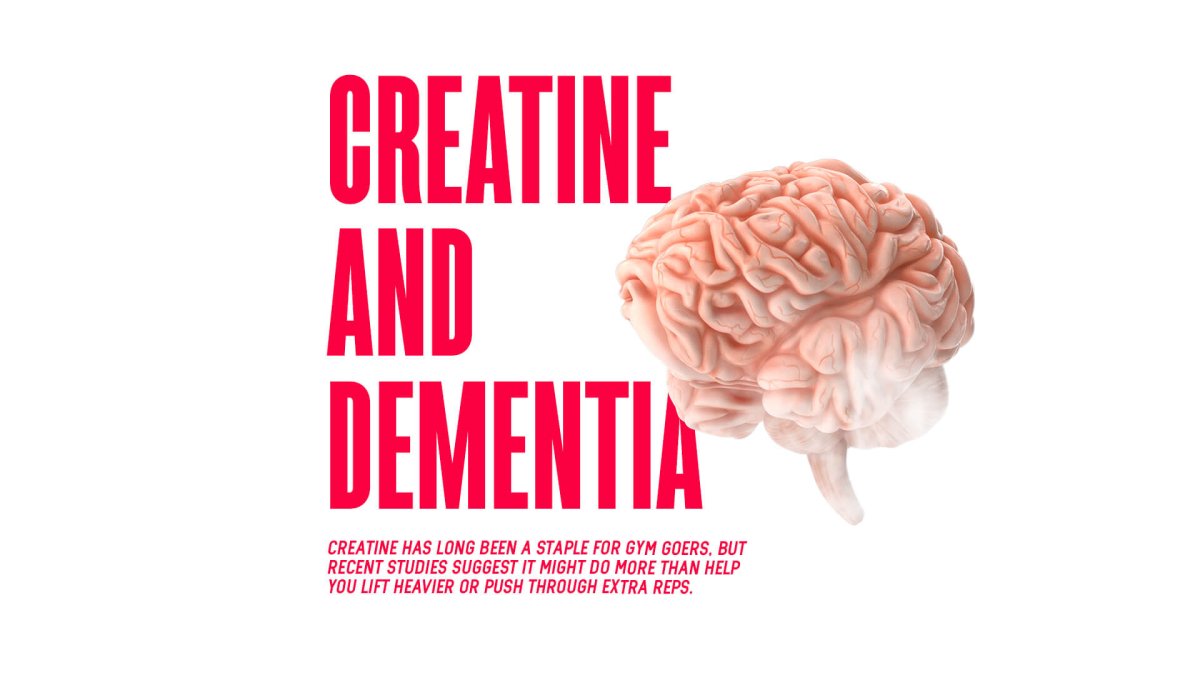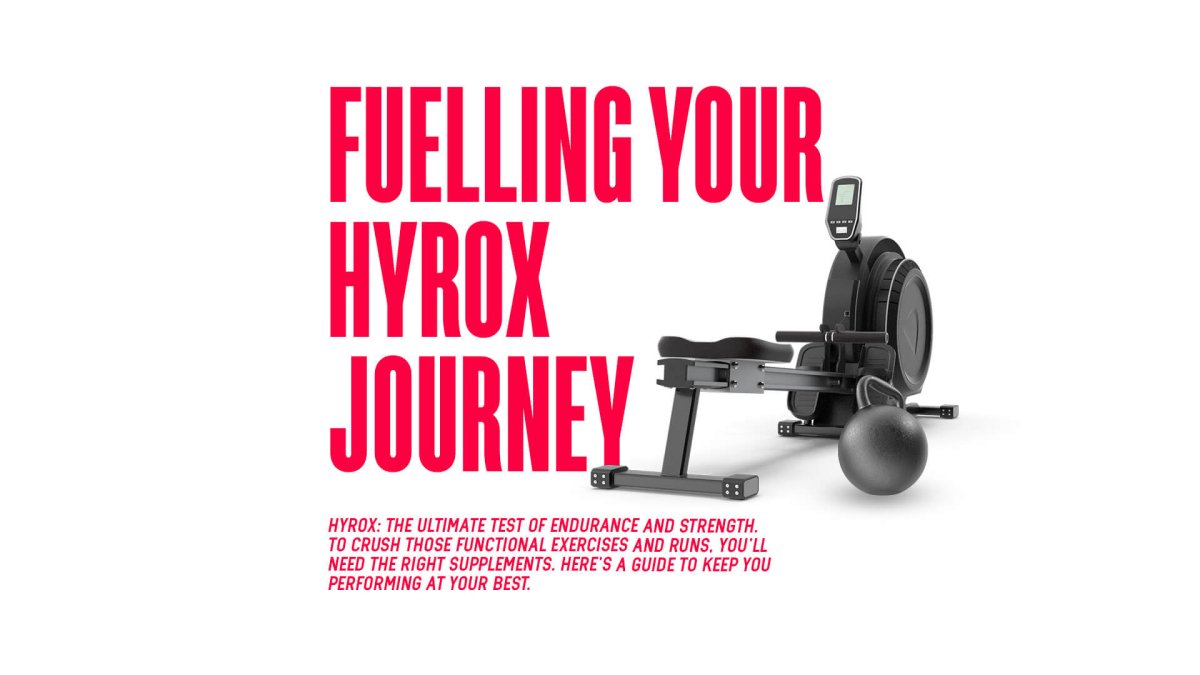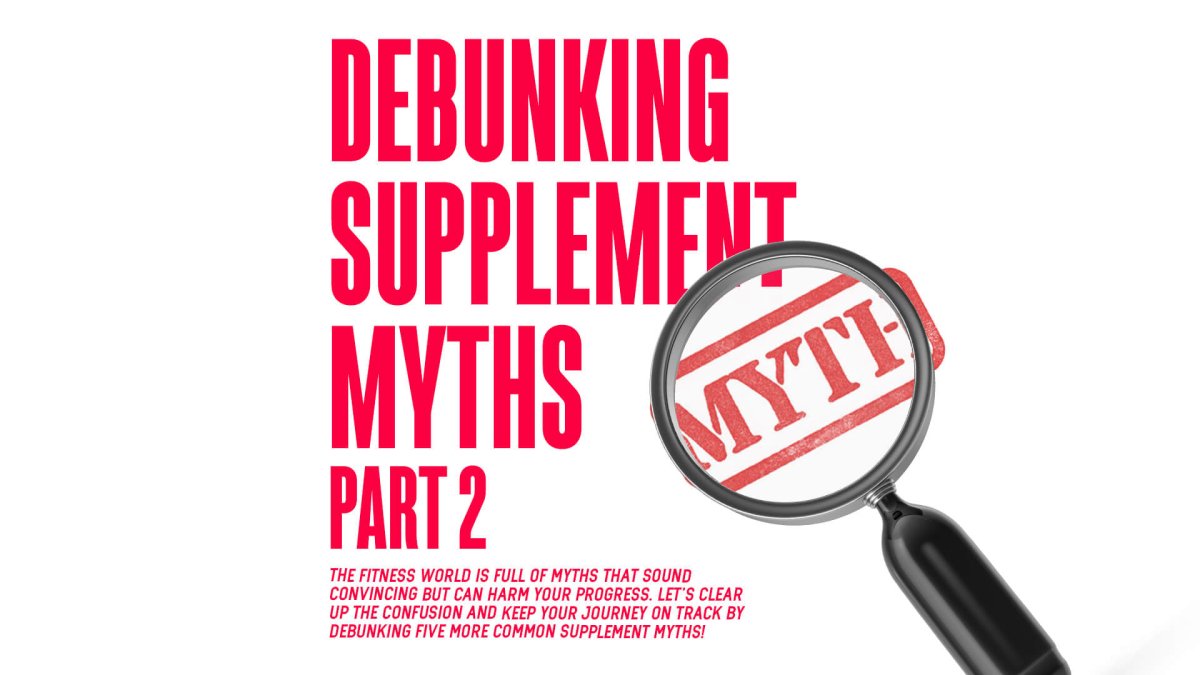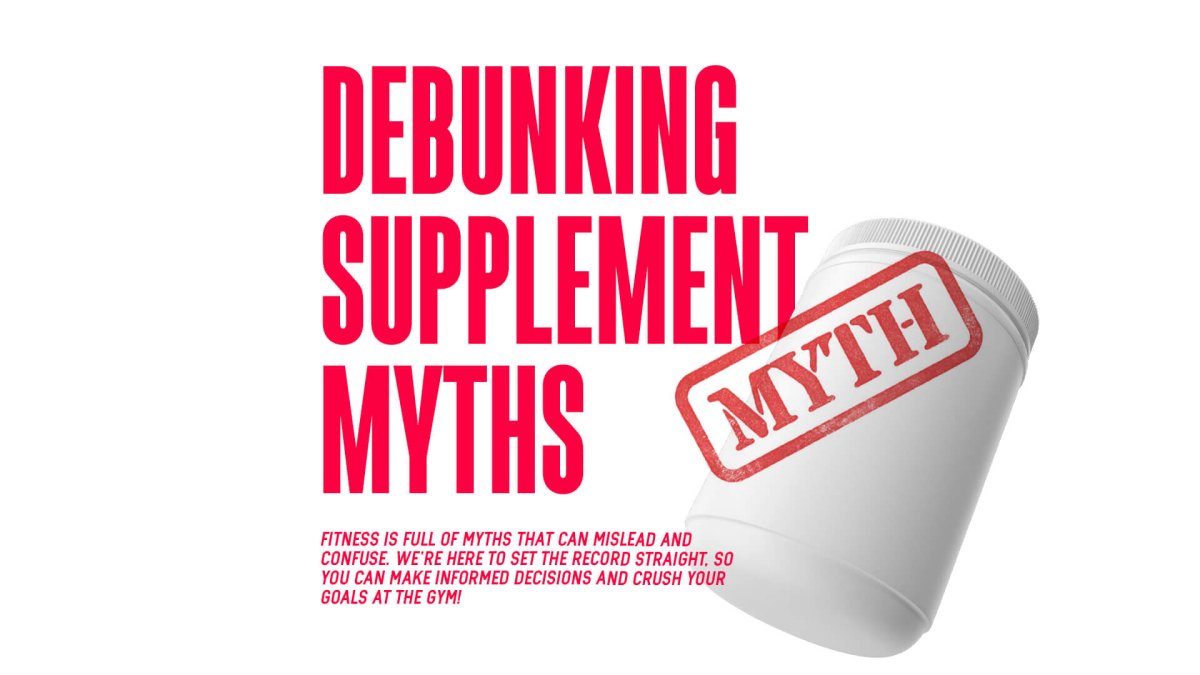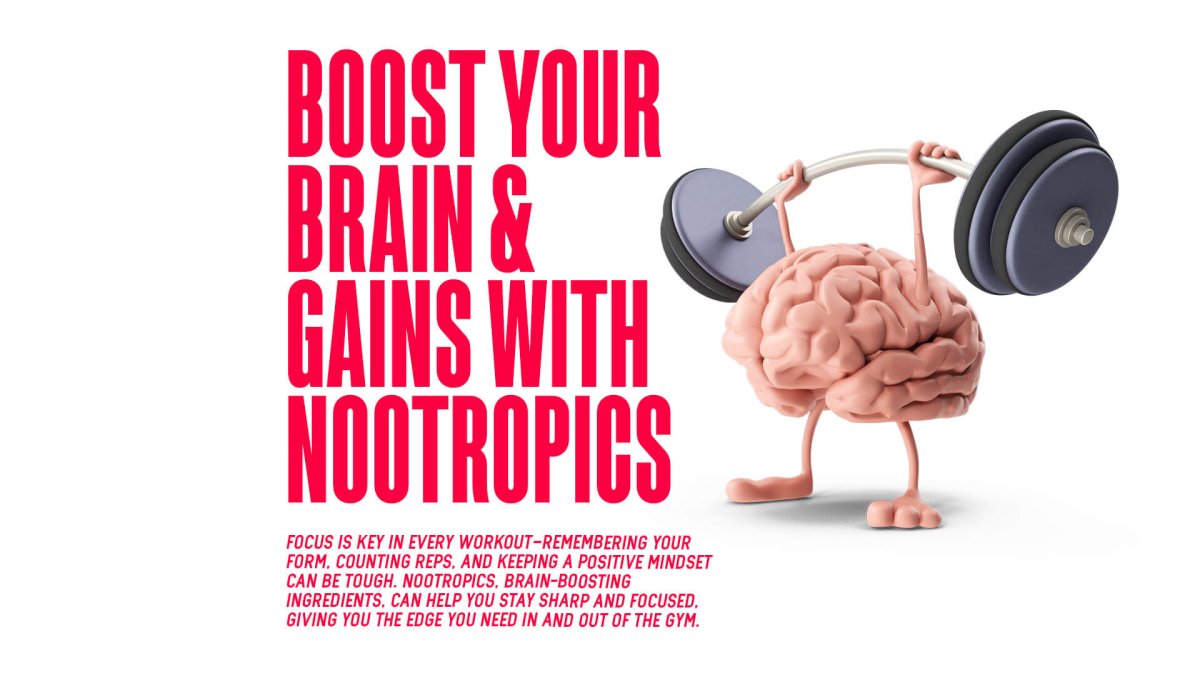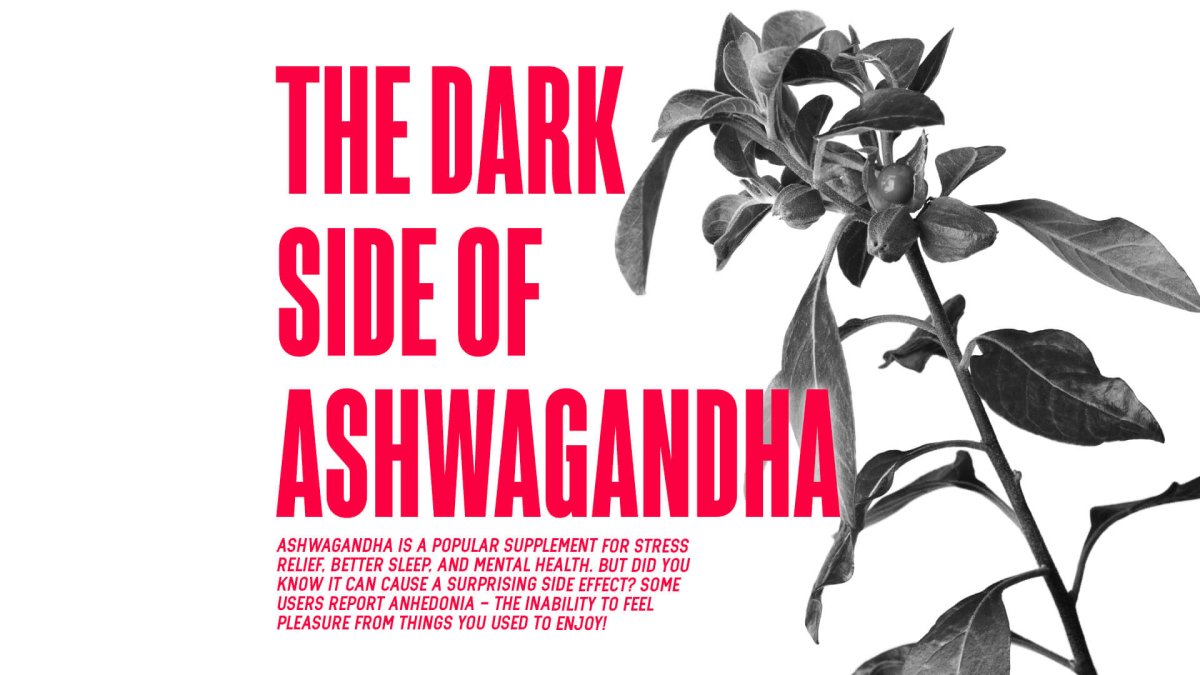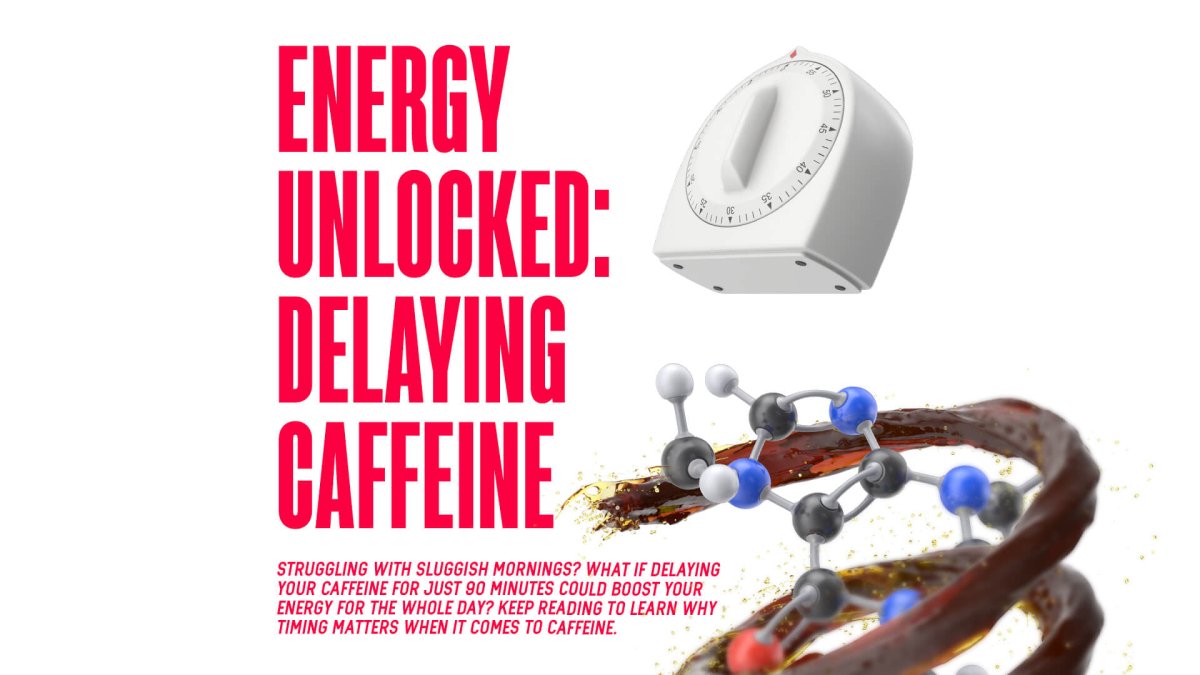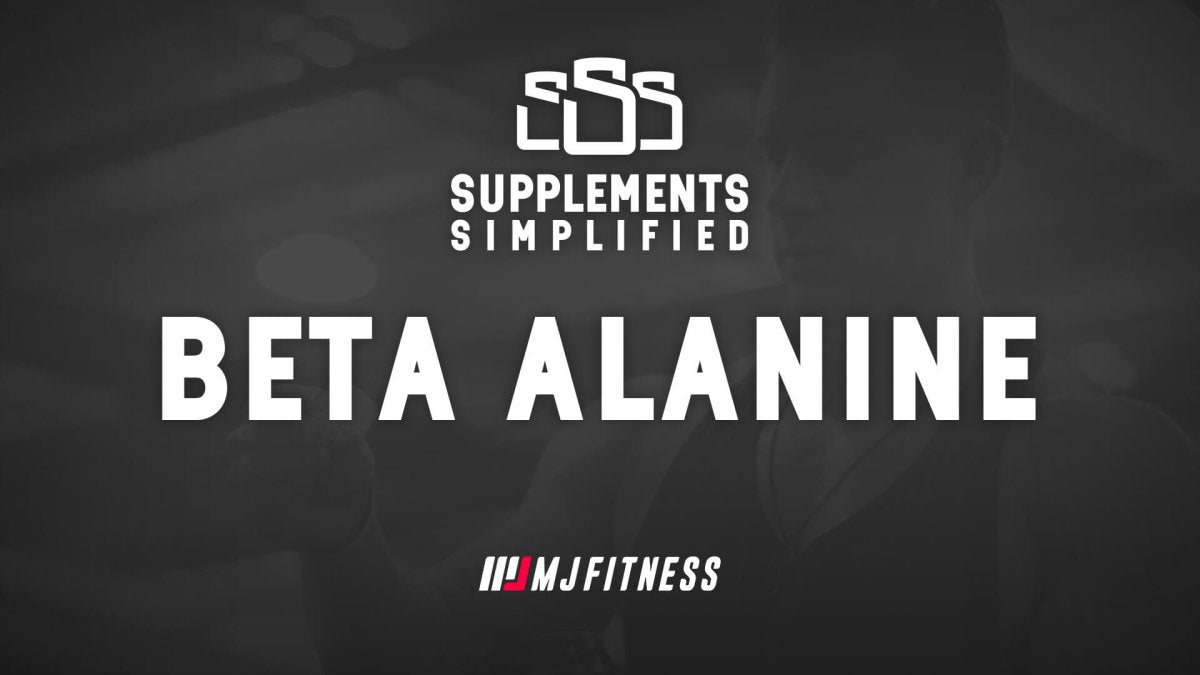As widely available and widely studied creatine supplements are in the fitness industry, there are always ways to make choosing a creatine supplement confusing and overwhelming. The benefits are easy to understand, so why shouldn't knowing what you’re looking for be easy too? Let’s go into the different variations of creatine and find what’s best for you.
A Background On Creatine
Creatine is one of the most researched supplements in the world, known for its role in improving strength, power, and muscle performance. It works by helping your muscles produce more energy during high-intensity exercise. Beyond performance, studies also show creatine supports muscle growth, recovery, brain health, and even endurance. Its safety and effectiveness are backed by decades of scientific research, making it a reliable choice for both beginners and advanced lifters. Creatine is proven to be a supplement with a multitude of benefits, and very low risk of side effects.
Over the decades, many new types of creatine have been marketed as either more effective than the original, or a boosted version of it. Creatine Nitrate claims to be more soluble than the original, with its bond of nitrate being easier to digest. The same can be said about Buffered Creatine or Ethyl Ester, where taking it is an "improved" version of the original source, with various benefits mainly seen on a microscopic level. Two types however, stand out among the crowd as the most popular, and most effective.
Creatine Monohydrate
Creatine Monohydrate is the most researched and trusted form of creatine, known for its effectiveness, safety, and affordability. It has all the various benefits of creatine, while also supporting muscle growth and recovery. With decades of studies proving its benefits, and a price point much lower than newer alternatives, creatine monohydrate stands out as the best-value option for athletes, lifters, and anyone looking to improve performance.
Creatine Hydrochloride
Creatine HCL (Hydrochloride) is a newer form of creatine that’s praised for its superior solubility and easier digestion compared to monohydrate. Because it mixes well in water and is often taken in smaller doses, it’s a popular choice for those who experience bloating or stomach discomfort with other forms. While research on HCL is more limited, many people find it convenient and effective, though it generally comes at a higher price than creatine monohydrate.
Wrapping Up
The bottom line is all creatine generally is going to have a benefit on you, your performance and recovery. Taking monohydrate gives you the benefit of knowing what you’re taking is researched thoroughly, taking HCL gives you that same benefit, with the inclusion of people who may have issues digesting monohydrate. Always consult a nutritional specialist to see what the best version is right for you.

